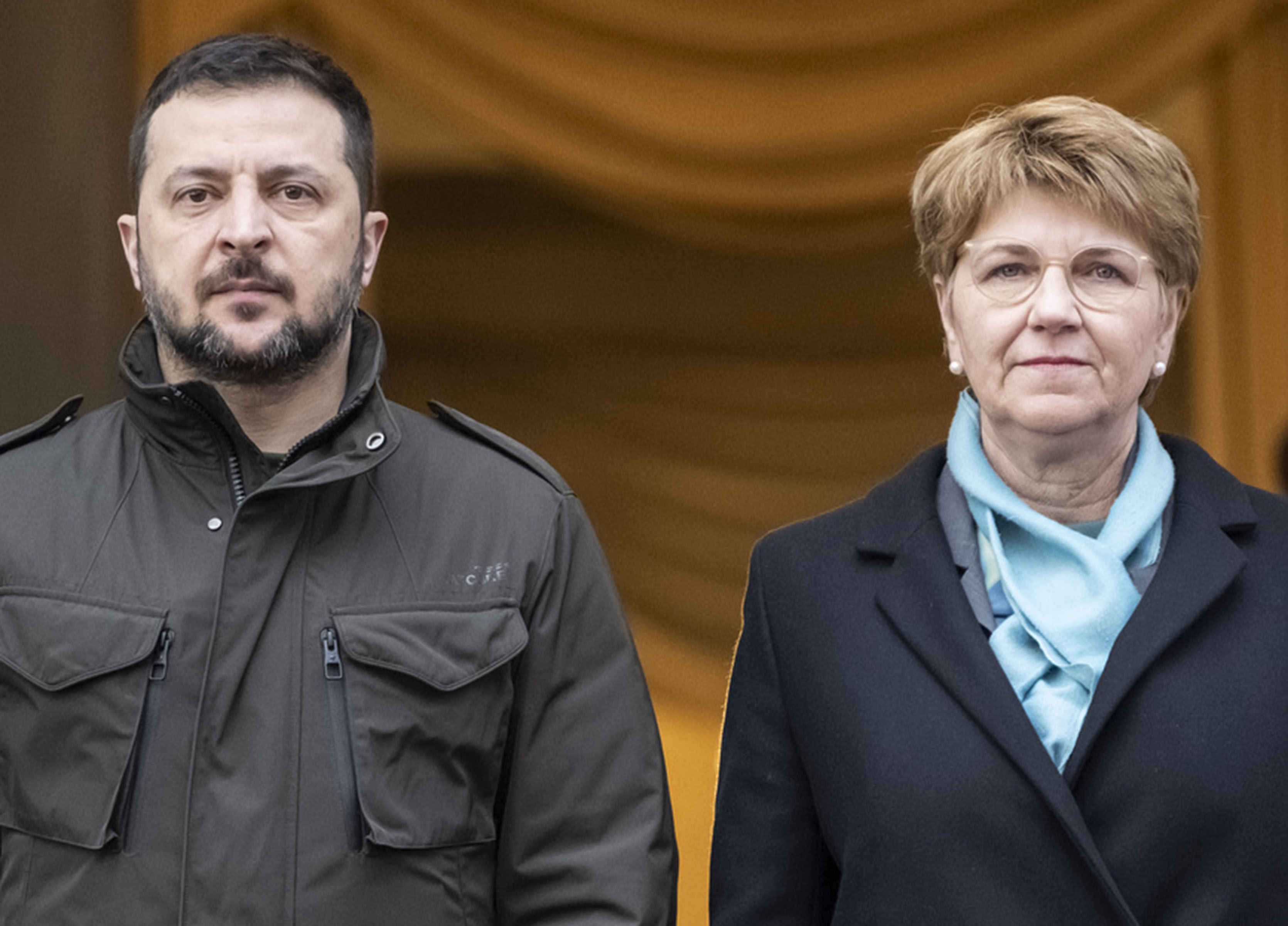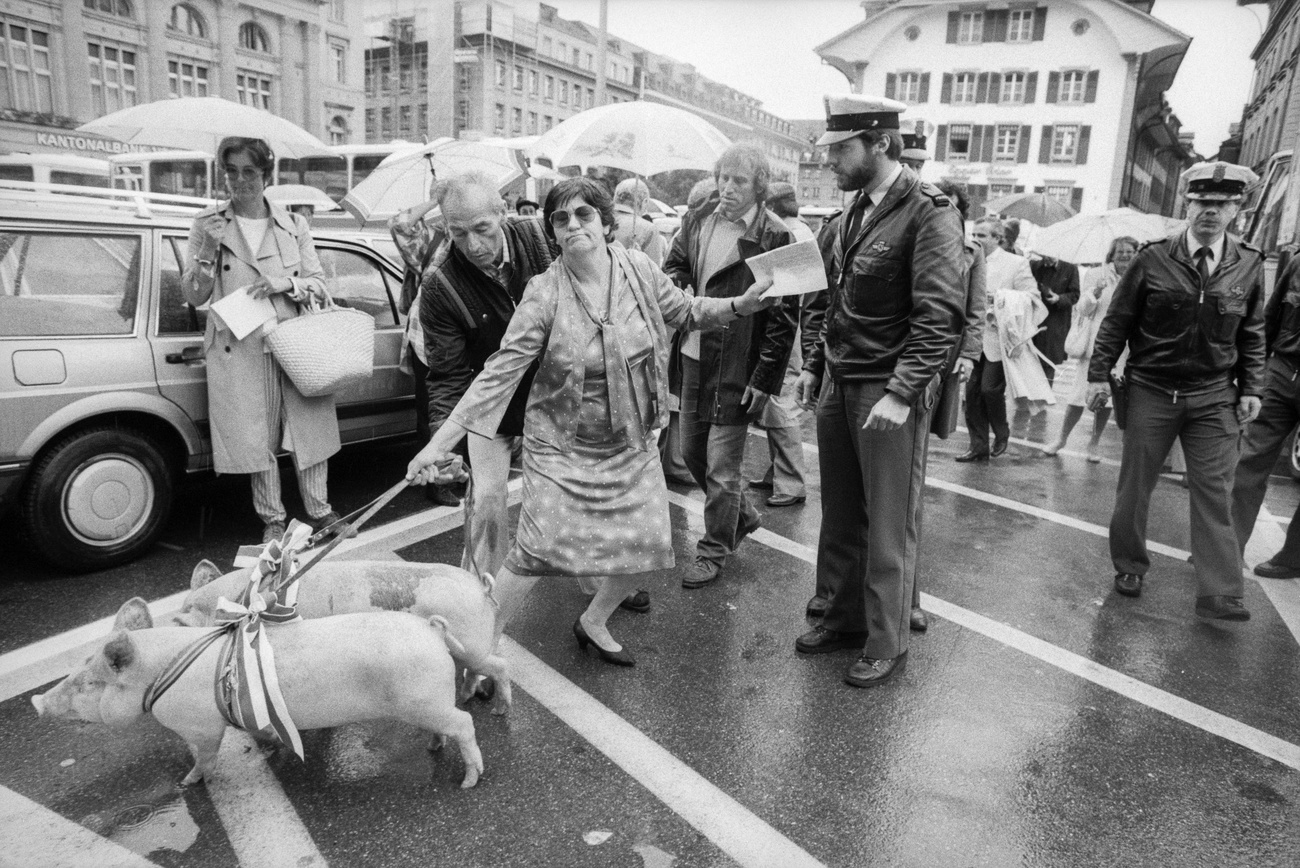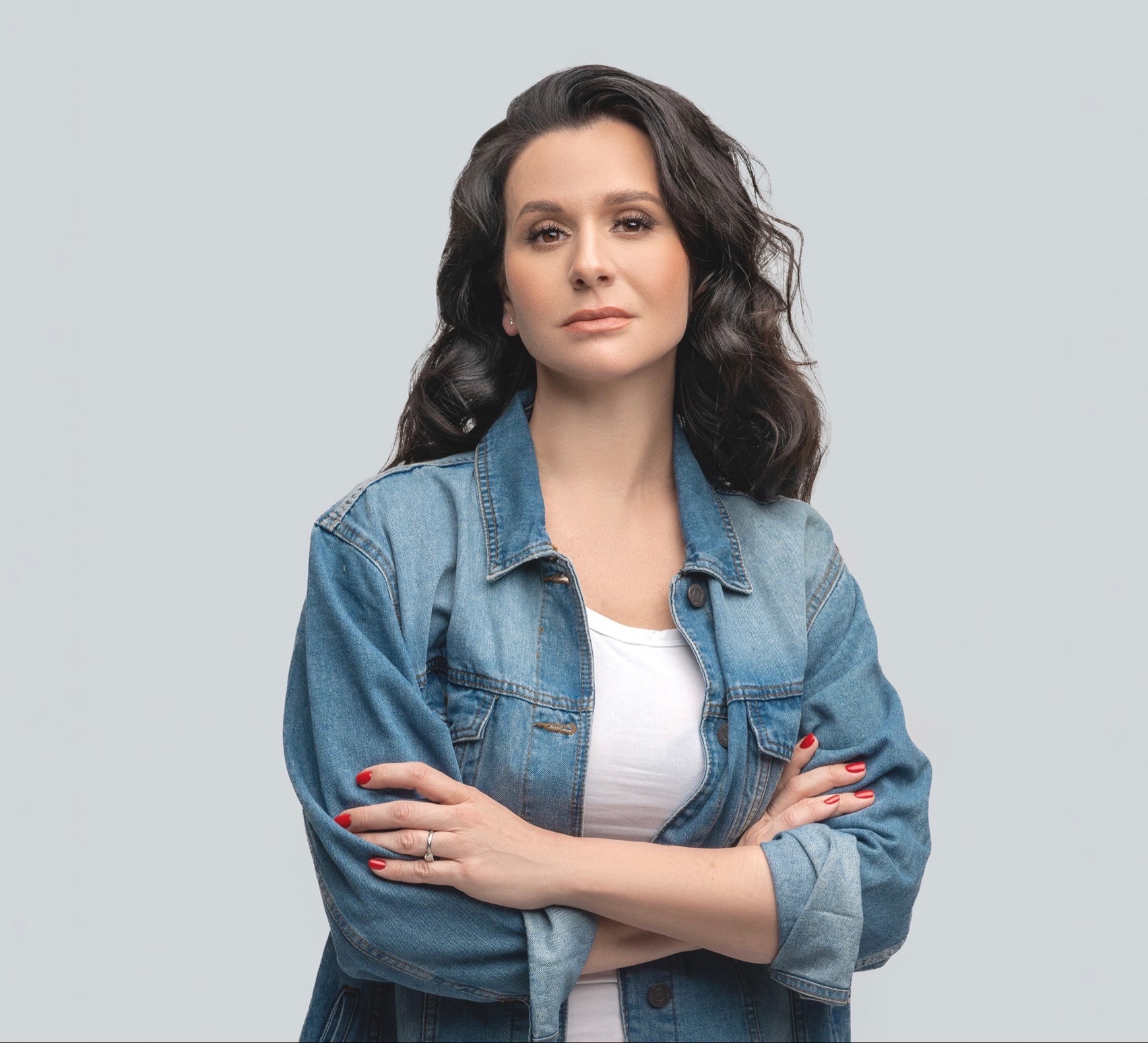Iran’s Khamenei seeks trusted hardliner to replace Raisi in June vote

By Parisa Hafezi
DUBAI (Reuters) – Iran fires the starting gun this week on an election to replace President Ebrahim Raisi, whose death in a helicopter crash could complicate efforts by the authorities to manage a task of even greater consequence – the succession to the supreme leader.
Once seen as a possible successor to Ayatollah Ali Khamenei, Iran’s ageing ultimate decision-maker, Raisi’s sudden death has triggered a race among hardliners to influence the selection of Iran’s next leader.
Khamenei, 85, seeks a fiercely loyal president in the June 28 election to run the country day-to-day and be a trusted ally who can ensure stability, amid manoeuvring over the eventual succession to his own position, insiders and analysts say.
“The next president is likely to be a hardliner unwaveringly loyal to Khamenei with a background in the Revolutionary Guards. Someone with an unblemished background and devoid of political rivalries,” said Tehran-based analyst Saeed Leylaz.
Registration for candidates opens on Thursday, although that is only the beginning of a process that will see hopefuls vetted by the Guardian Council, a hardline watchdog body that disqualifies candidates without always publicising the reason.
Three insiders familiar with the thinking at the top level of the Iranian establishment said there had been discussions among the leadership about the merits of various ways of handling the presidential contest.
“The prevailing outcome was that the primary (goal) should be securing the election of a president who is intensely loyal to the supreme leader and his ideals. A low voter turnout will inevitably secure it,” said one of the sources, who like the others declined to be identified due to the sensitivity of the topic.
That goal — victory for a hardline president able to shape a smooth transition at the pinnacle of power when Khamenei eventually dies — nevertheless presents a conundrum for the ruling clerics managing the vote next month.
To ensure the winner is a diehard Khamenei loyalist, it is likely the upcoming election will be dominated by hardliners with outlooks similar to his, the insiders and analysts say.
LIMITED CHOICE FOR VOTERS
But restricting the choice on the ballot is likely to dampen voters’ interest and keep turnout low, dealing an unwelcome blow to the prestige of the 45-year-old Islamic Republic.
The quandry is a familiar one in Iran. In a race where those who run are carefully reviewed, typically the challenge for the clerical establishment is securing a high turnout.
The Guardian Council will publish the list of qualified candidates on June 11.
Raisi clinched victory in 2021 on a turnout of about 49% – a significant drop from the 70% seen in 2017 and 76% in 2013 – largely amid widespread voter apathy after the Guardian Council eliminated heavy-weight conservative and moderate rivals.
Critics say the turnout also reflected discontent over economic hardship and social and political restrictions which drove months of protests ignited by the death of a young woman arrested by the morality police in 2022.
Including low-key moderate candidates on the ballot might be a way to attract a larger turnout, some analysts say.
Currently sidelined from power, reformists remain faithful to Iran’s theocratic rule but advocate improved relations with the West, and gradual moves towards more freedom of expression and a loosening of strict Islamic dress code.
Reformist former senior official Mohammad Ali Abtahi said the pro-reform camp would contest the election if its candidate was permitted to stand, although he added it was not clear how much political space reformists would be allowed.
“This cycle of low voter turnout, which has ensured hardliner victories in past parliament and presidential elections, can be changed …. But I have my doubts about any potential political opening,” he said.
POTENTIAL CANDIDATES
However, the reformists’ electoral strength remains unclear, as some voters believe they failed to bring greater freedoms in the periods when they were in power in the past decade.
Moreover, the 2022 protests exposed a widening rift between the reformists and demonstrators demanding “regime change”.
“Even allowing a few known moderates to stand … might not be enough to get people to turn out. Voters have been repeatedly misled by the idea that reform-minded candidates … would produce real change,” said Eurasia group analyst Gregory Brew.
A new president would be unlikely to make any change to Iran’s nuclear or foreign policy, both of which are controlled by the supreme leader.
The registration of candidates could include Parviz Fattah, a former Guards member who heads an investment fund linked to the leader, and Saeed Jalili, a former chief nuclear negotiator who in 2001 ran Khamenei’s office for four years, the insiders said.
Fattah will make his final decision “after meeting some senior authorities on Wednesday”, a third insider said.
Interim President Mohammad Mokhber and former parliament speaker and a Khamenei adviser, Ali Larijani, have also been mentioned in Iranian media as possible candidates. Larijani was barred from standing in the 2021 presidential race.







